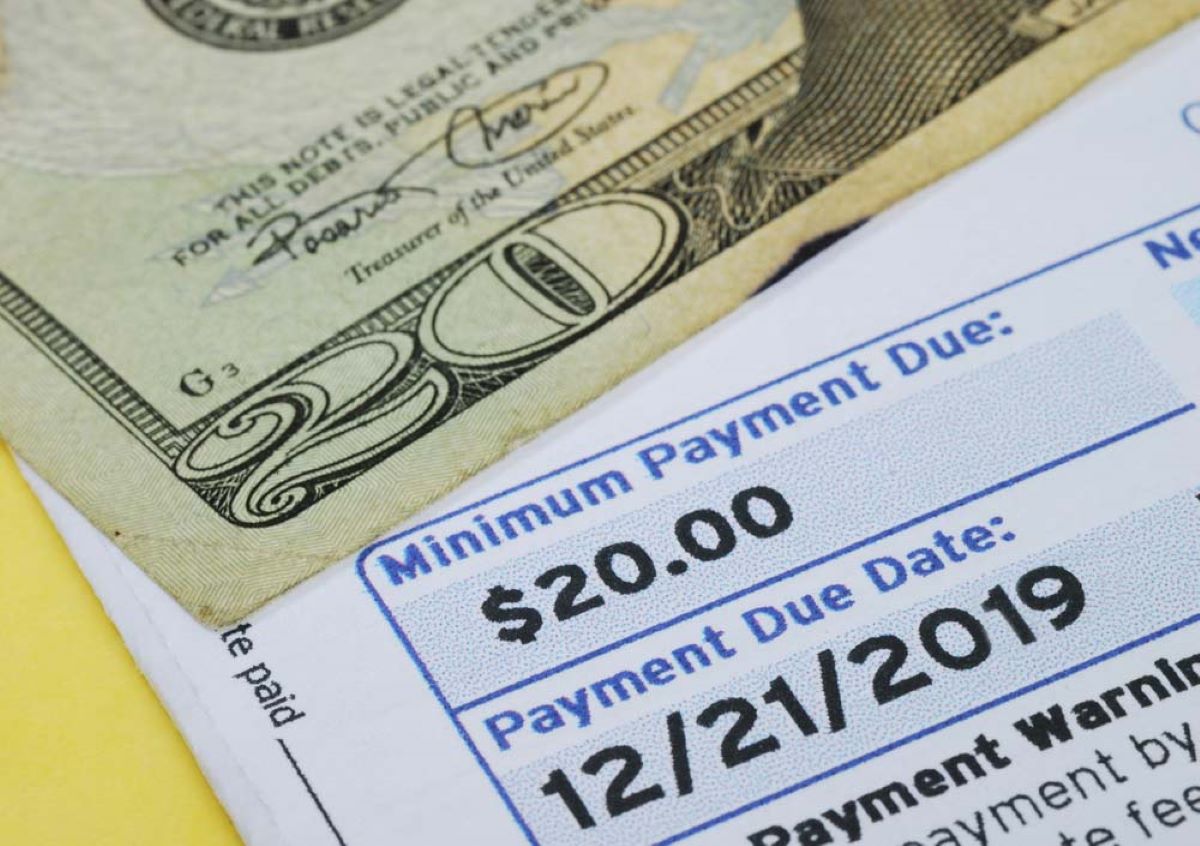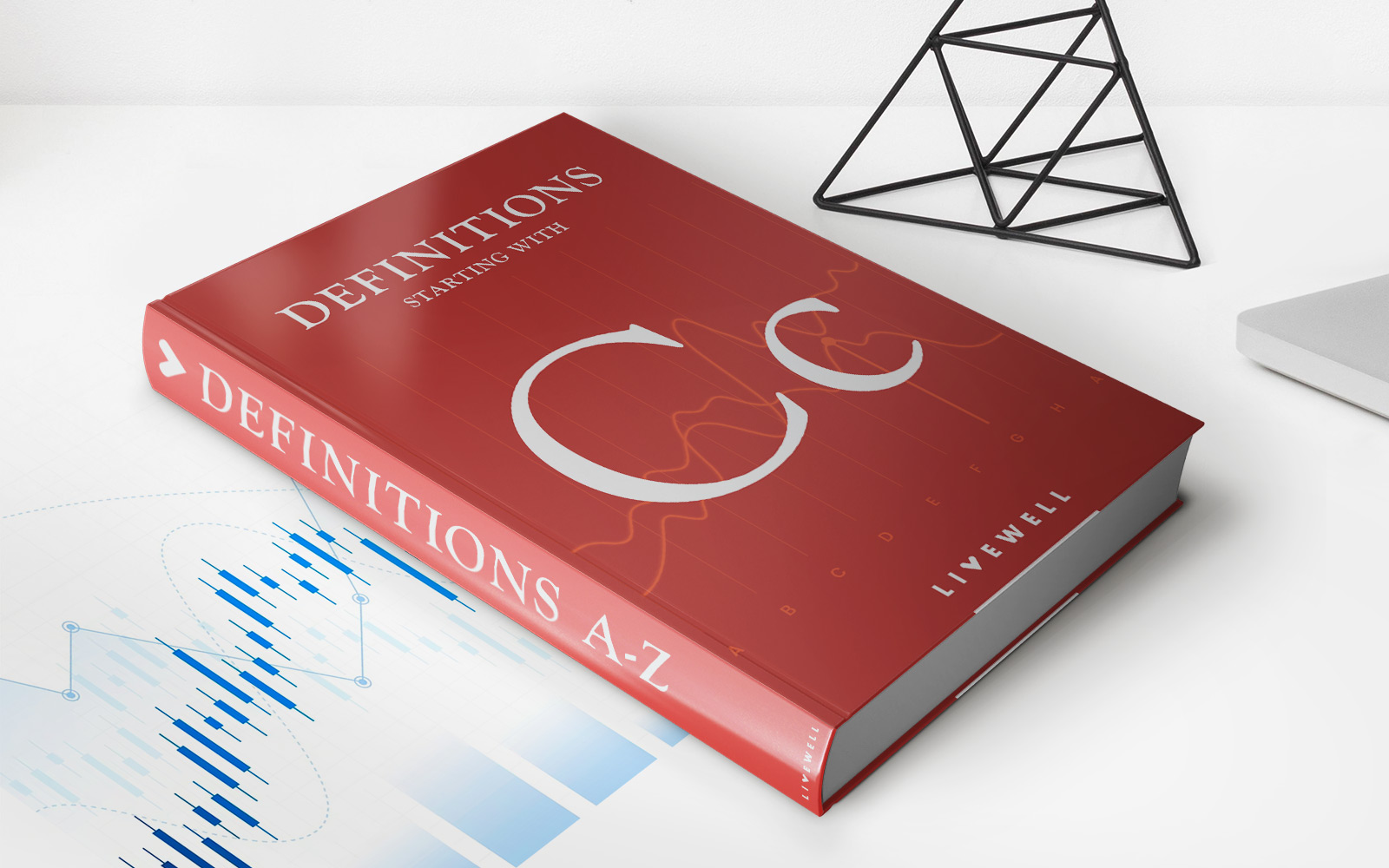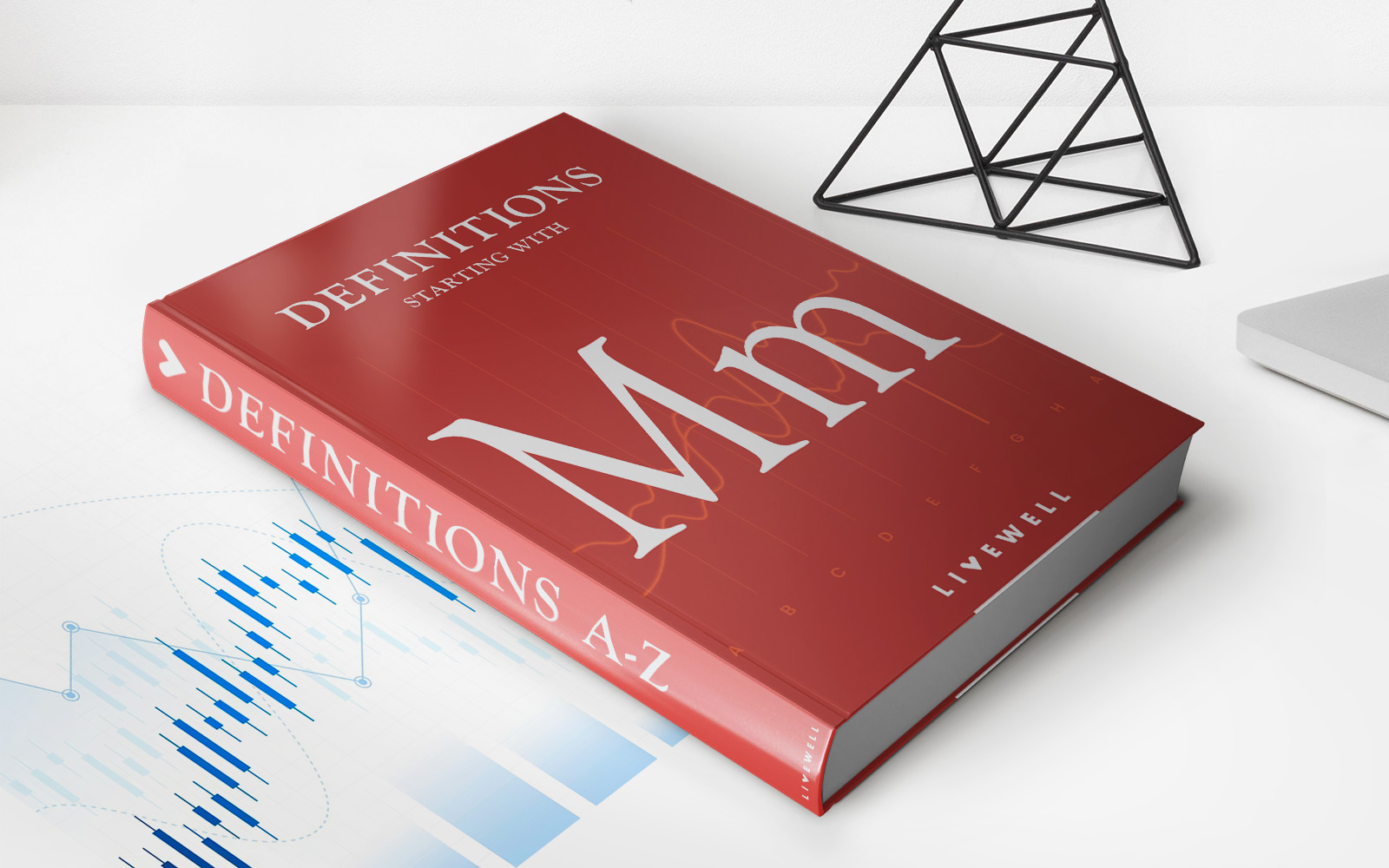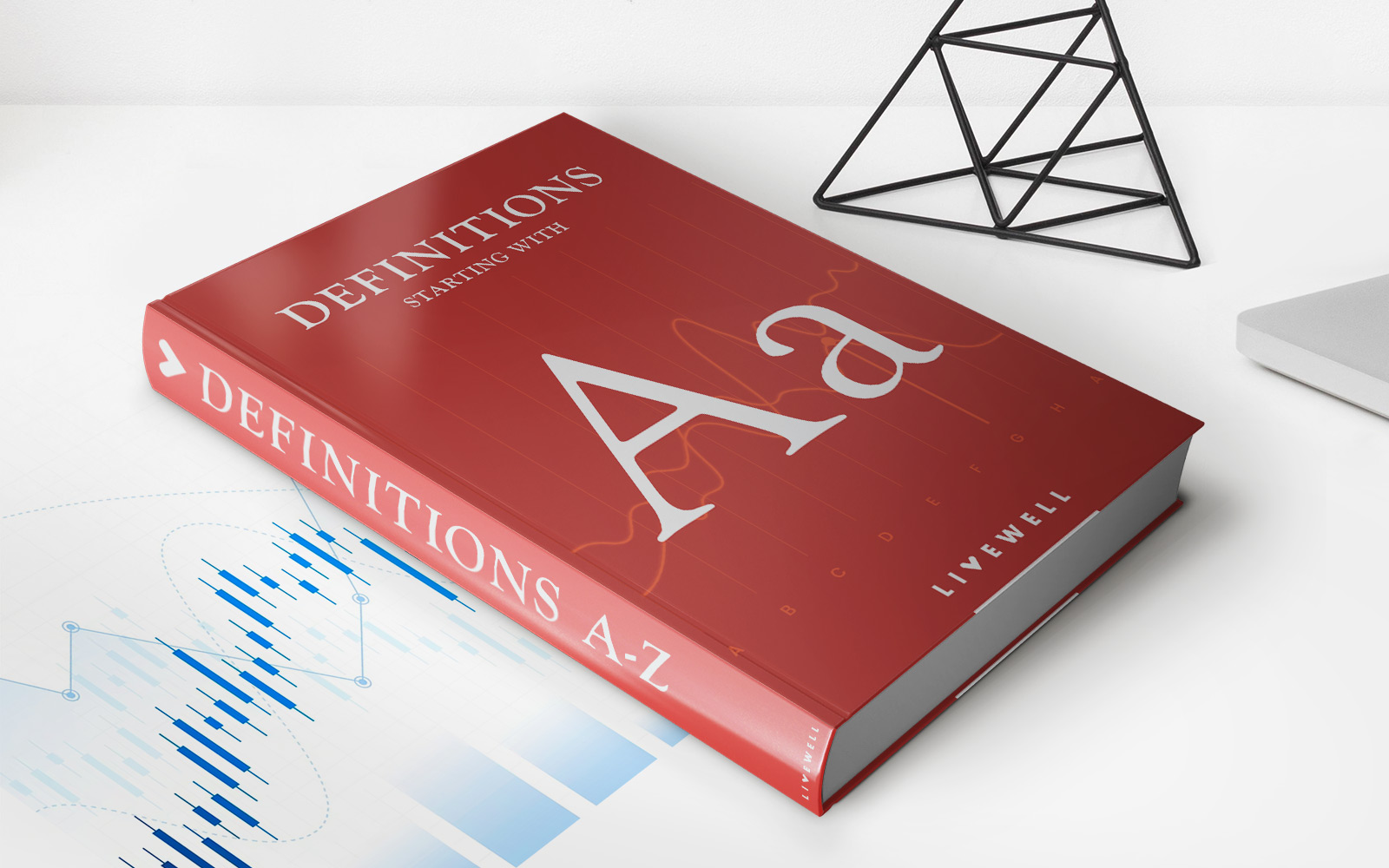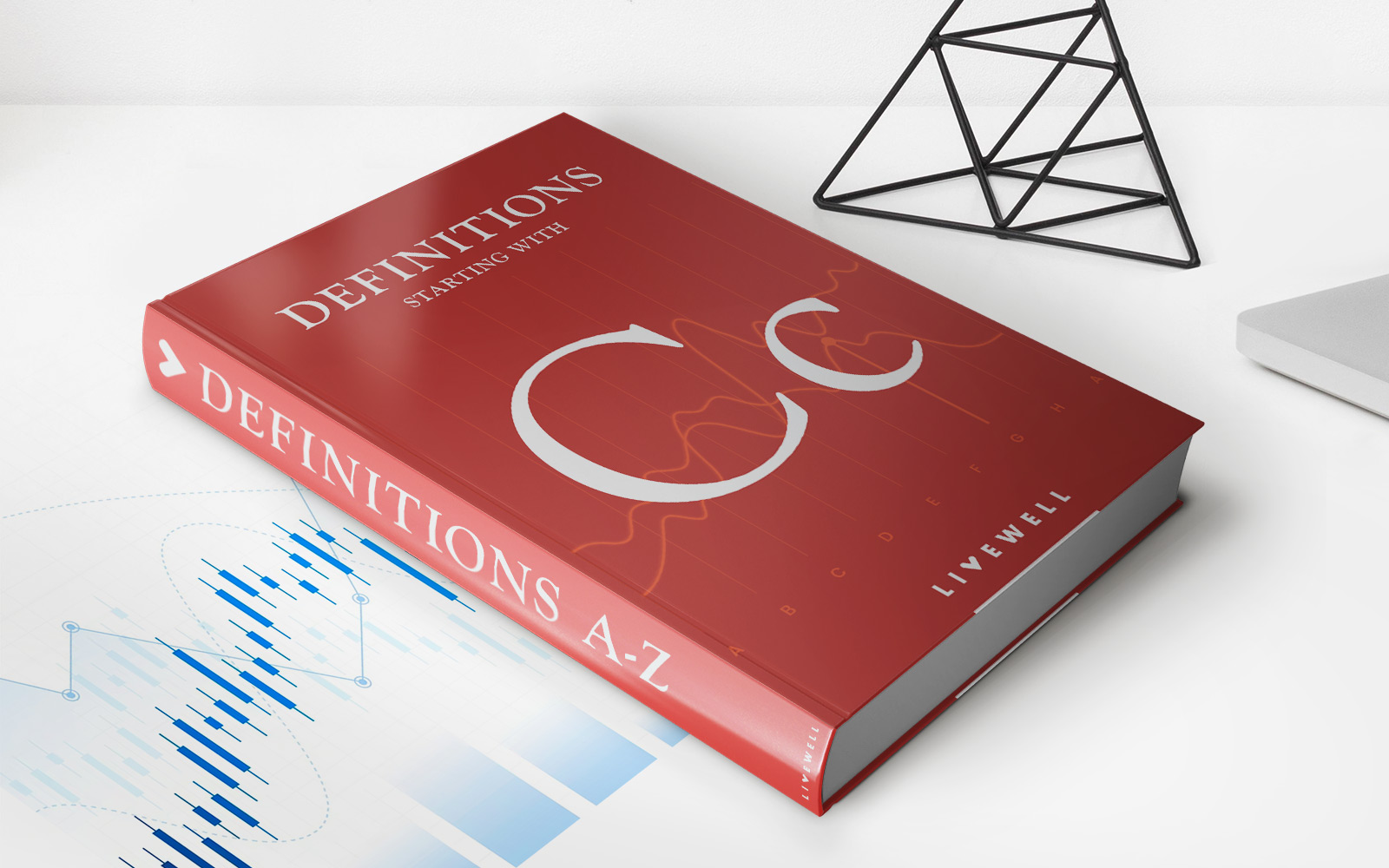Home>Finance>What Happens If I Can’t Pay The Credit Card Minimum Payment


Finance
What Happens If I Can’t Pay The Credit Card Minimum Payment
Published: February 25, 2024
If you're struggling to make the minimum payment on your credit card, learn about the consequences and explore financial options to manage your debt. Get expert advice on handling finance challenges.
(Many of the links in this article redirect to a specific reviewed product. Your purchase of these products through affiliate links helps to generate commission for LiveWell, at no extra cost. Learn more)
Table of Contents
- Understanding the Importance of Credit Card Minimum Payments
- Demystifying the Minimum Payment Requirement
- The Ramifications of Falling Short on Minimum Payments
- Navigating Challenges and Exploring Solutions
- Exploring Supportive Resources and Assistance
- Navigating the Terrain of Credit Card Minimum Payments
Introduction
Understanding the Importance of Credit Card Minimum Payments
Credit cards have become an integral part of daily financial transactions for many individuals. They offer unparalleled convenience and flexibility, allowing users to make purchases, pay bills, and manage expenses with ease. However, along with the convenience comes the responsibility of managing credit card payments, particularly the minimum payment. Understanding the implications of failing to meet the minimum payment requirement is crucial for maintaining financial health and stability.
When a credit card statement arrives, it typically includes a minimum payment amount that the cardholder is obligated to pay by a specified due date. This minimum payment is a fundamental aspect of managing credit card debt and plays a significant role in the overall financial well-being of the cardholder. Failing to meet this minimum payment can have serious repercussions, potentially leading to financial distress and long-term consequences.
As such, it is essential for credit card users to comprehend the significance of the minimum payment, including how it is calculated and the implications of not meeting this obligation. This article aims to provide a comprehensive overview of the credit card minimum payment, the potential consequences of non-payment, and the available options for individuals facing challenges in meeting this financial obligation. By gaining insight into these critical aspects of credit card management, individuals can make informed decisions and take proactive steps to safeguard their financial stability.
Understanding the Minimum Payment
Demystifying the Minimum Payment Requirement
The minimum payment on a credit card represents the lowest amount that a cardholder must pay by the due date to maintain their account in good standing. It is typically calculated as a percentage of the total outstanding balance, often ranging from 1% to 3% of the balance, or a fixed amount, whichever is higher. This requirement ensures that cardholders make regular contributions towards reducing their outstanding balance and meeting their financial obligations.
Understanding the composition of the minimum payment is crucial for individuals seeking to manage their credit card debt effectively. In addition to the principal amount owed, the minimum payment may include interest charges, fees, and a portion of the principal balance. By comprehending these components, cardholders can gain insight into the factors influencing their minimum payment amount and make informed decisions regarding their repayment strategy.
It is important to note that while making the minimum payment by the due date helps avoid late fees and penalties, it may not significantly reduce the overall debt due to the accrual of interest on the remaining balance. Consequently, consistently paying only the minimum amount can prolong the repayment period and result in higher interest costs over time. Cardholders are encouraged to strive for more than the minimum payment whenever possible to expedite debt reduction and minimize interest expenses.
By grasping the mechanics of the minimum payment and its impact on debt management, individuals can proactively address their financial responsibilities and work towards achieving greater financial freedom. In the subsequent sections, we will delve into the potential consequences of failing to meet the minimum payment and explore viable options for navigating this aspect of credit card management.
Consequences of Not Paying the Minimum Payment
The Ramifications of Falling Short on Minimum Payments
Failure to meet the minimum payment requirement on a credit card can trigger a cascade of negative consequences that impact the cardholder’s financial well-being. One immediate repercussion is the imposition of late fees, which add to the existing balance and exacerbate the financial burden. Additionally, missed payments can result in a negative impact on the cardholder’s credit score, potentially leading to long-term repercussions that affect their ability to secure favorable loan terms, obtain housing, or even land job opportunities.
Furthermore, non-payment of the minimum amount within the grace period can lead to the accrual of additional interest on the outstanding balance. This not only increases the total amount owed but also extends the duration required to clear the debt, leading to higher interest expenses over time. As a result, individuals may find themselves caught in a cycle of escalating debt and financial strain, making it increasingly challenging to regain control of their financial situation.
Another significant consequence of failing to pay the minimum amount is the potential for the credit card issuer to report the delinquency to credit bureaus. This adverse reporting can have a lasting impact on the individual’s credit history and score, affecting their financial reputation and credibility. It is important to recognize that these repercussions extend beyond the immediate financial implications, shaping the individual’s access to credit and financial opportunities in the future.
By understanding the far-reaching consequences of not meeting the minimum payment requirement, individuals can appreciate the urgency of addressing this aspect of credit card management. In the subsequent section, we will explore viable options for dealing with challenges related to the minimum payment, empowering individuals to navigate these circumstances effectively and protect their financial well-being.
Options for Dealing with the Minimum Payment
Navigating Challenges and Exploring Solutions
When faced with difficulties in meeting the minimum payment on a credit card, individuals have several options to consider, each offering a pathway to address their financial obligations and mitigate potential repercussions. One approach is to reassess and prioritize expenses to allocate funds towards meeting the minimum payment. By evaluating discretionary spending and identifying areas where costs can be reduced, individuals can redirect resources towards fulfilling their credit card obligations and avoiding the adverse effects of non-payment.
Consolidating credit card debt through balance transfers to a card with a lower interest rate or exploring debt consolidation loans can offer a strategic solution for managing multiple payments and reducing overall interest expenses. This approach streamlines debt repayment, potentially lowering the total monthly payment and providing a more structured path towards debt reduction.
Engaging in open communication with the credit card issuer can also yield favorable outcomes. Some issuers may be willing to negotiate alternative payment arrangements or offer hardship programs to assist cardholders facing financial challenges. Exploring these options can provide temporary relief and demonstrate a proactive effort to address the situation responsibly.
For individuals experiencing prolonged financial hardship, seeking the guidance of a reputable credit counseling agency can offer valuable support and expertise in managing debt. These agencies can provide personalized financial counseling, budgeting assistance, and debt management plans tailored to the individual’s circumstances, offering a structured approach to regaining financial stability.
It is essential for individuals to explore these options proactively and seek assistance when needed to navigate challenges related to the minimum payment. By taking decisive action and leveraging available resources, individuals can address their financial obligations effectively and work towards regaining control of their financial well-being.
Seeking Help from Credit Card Companies
Exploring Supportive Resources and Assistance
When individuals encounter challenges in meeting their credit card minimum payments, seeking assistance from the credit card companies themselves can often yield beneficial outcomes. Many credit card issuers are willing to work with cardholders facing financial difficulties, offering various forms of support and assistance to help manage their obligations responsibly.
One avenue for seeking help is to directly contact the credit card issuer and communicate the specific challenges impacting the ability to meet the minimum payment. Transparent and open communication can pave the way for exploring potential solutions, such as temporary payment arrangements, modified payment schedules, or the evaluation of hardship programs designed to provide relief during periods of financial strain.
Some credit card companies offer hardship programs that cater to individuals experiencing financial hardship, providing temporary concessions or adjustments to alleviate the immediate burden. These programs may include reduced interest rates, waived fees, or extended payment timelines, offering a lifeline for individuals navigating challenging financial circumstances.
Moreover, engaging with the credit card issuer can provide valuable insights into available resources and support mechanisms. Cardholders may receive guidance on budgeting, debt management strategies, and financial counseling, empowering them to make informed decisions and regain control of their financial situation.
It is important for individuals to proactively initiate these conversations with their credit card companies, as early intervention often facilitates more favorable outcomes. By demonstrating a genuine commitment to addressing their financial responsibilities and seeking assistance when needed, individuals can access supportive resources and collaborative solutions that pave the way towards financial recovery.
Conclusion
Navigating the Terrain of Credit Card Minimum Payments
Managing credit card minimum payments is a fundamental aspect of maintaining financial stability and responsible debt management. Understanding the implications of non-payment and exploring viable options for addressing challenges related to the minimum payment are essential steps towards safeguarding one’s financial well-being.
By comprehending the composition of the minimum payment and its impact on debt reduction, individuals can make informed decisions regarding their repayment strategy. It is crucial to recognize the far-reaching consequences of failing to meet the minimum payment, including late fees, negative credit reporting, and increased interest expenses, all of which can significantly impact one’s financial health.
Exploring options for dealing with the minimum payment, such as prioritizing expenses, consolidating debt, and seeking assistance from credit card companies or reputable credit counseling agencies, empowers individuals to proactively address their financial obligations and navigate challenging circumstances effectively.
Moreover, engaging in open communication with credit card issuers and leveraging available supportive resources can provide valuable assistance and guidance, offering a pathway towards regaining control of one’s financial situation and working towards long-term financial stability.
Ultimately, by approaching credit card minimum payments with a proactive and informed mindset, individuals can mitigate the potential repercussions of non-payment, make meaningful strides towards debt reduction, and pave the way for a more secure financial future.




